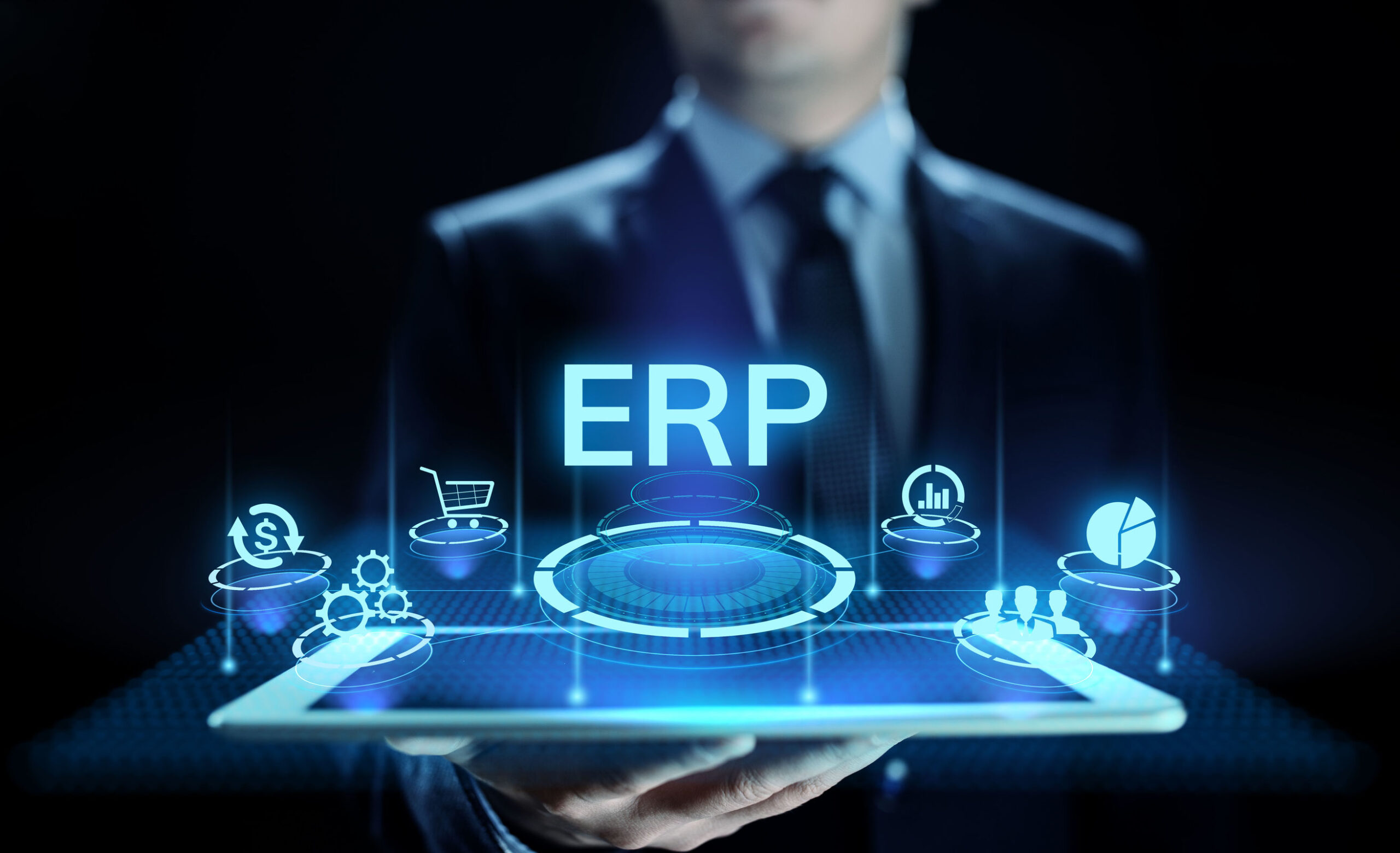Choosing the Right ERP Software: A Guide for Businesses
Published: Oct 10, 1:20 PM

Enterprise Resource Planning (ERP) software is a crucial tool for businesses of all sizes. It integrates various business processes, providing a centralized system for managing everything from finance and HR to supply chain and customer relationship management.
Selecting the right ERP software can significantly impact your business's efficiency, productivity, and overall success. Here's a guide to help you make an informed decision:
Assess Your Business Needs
-
Identify key pain points: What specific challenges are you trying to address with ERP?
-
Define your goals: What do you hope to achieve with ERP? Increased efficiency, improved customer service, better data management?
-
Consider your scale and complexity: How large is your business? How complex are your operations?
Research ERP Vendors
-
Create a shortlist: Based on your needs, identify potential ERP vendors.
- Evaluate features: Compare the features offered by different vendors to ensure they align with your requirements.
- Check industry reputation: Look for vendors with a strong track record in your industry.
- Consider scalability: Ensure the software can grow with your business.
Demo and Evaluate
- Request demos: Ask vendors to demonstrate their software.
- Evaluate usability: Assess how easy it is for your team to navigate and use the software.
- Test integration: Check how well the ERP integrates with your existing systems.
- Consider customization: Evaluate the software's flexibility for customization.
Cost and Implementation
- Compare pricing models: Consider factors like licensing fees, implementation costs, and ongoing maintenance.
- Evaluate implementation timelines: Assess how long the implementation process will take and the resources required.
- Factor in return on investment (ROI): Calculate the potential benefits of ERP and compare them to the costs.
Consider Cloud vs. On-Premise
- Cloud-based ERP: Offers flexibility, scalability, and reduced upfront costs.
- On-premise ERP: Provides more control but requires significant investment.
Data Migration and Integration
- Plan data migration: Ensure a smooth transfer of your existing data to the new ERP system.
- Integrate with other systems: Consider how the ERP will integrate with your existing software (e.g., CRM, accounting).
User Training and Support
- Evaluate training options: Ensure the vendor provides adequate training for your team.
- Assess support services: Consider the availability and quality of post-implementation support.
By carefully following these steps and considering your specific business needs, you can choose the right ERP software to drive efficiency, improve decision-making, and support your organization's growth.
Would you like me to add more specific examples or address any particular questions you have about choosing ERP software?


